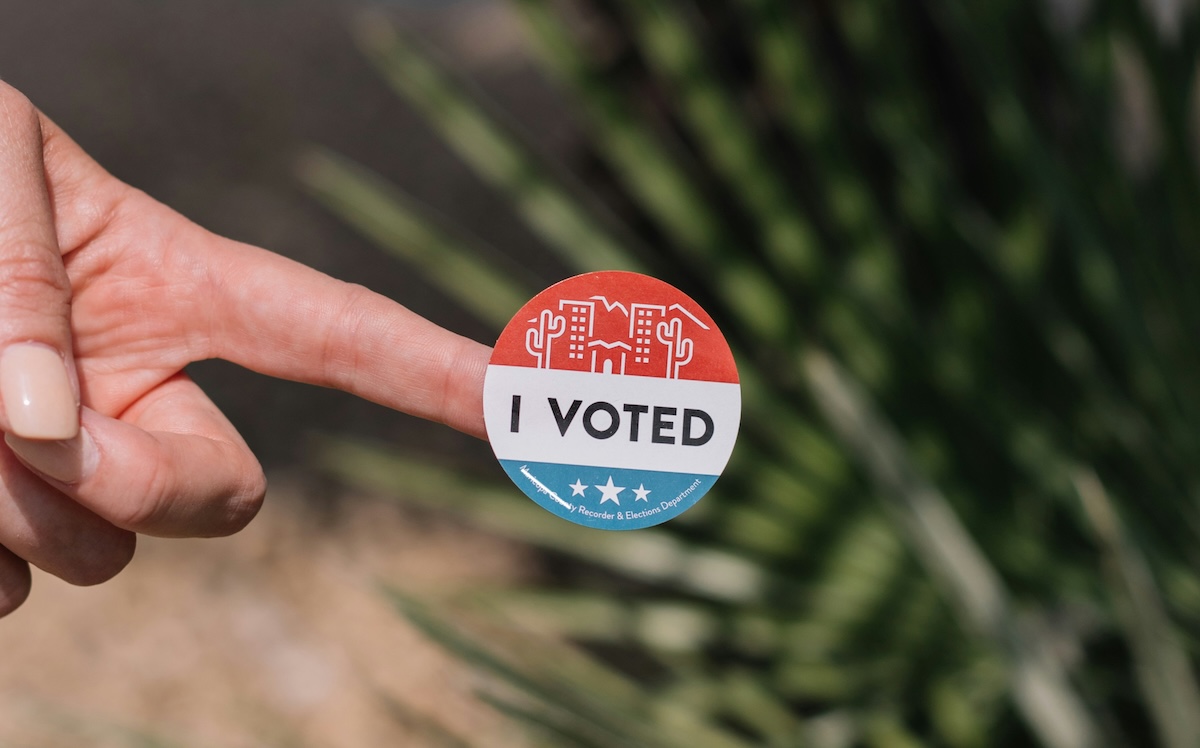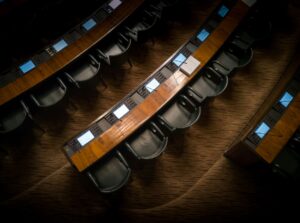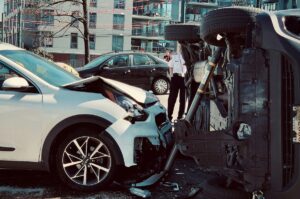
Last week, we looked at the city’s proposal to extend a public safety sales tax - largely to fund a new municipal jail. This week, we’re zooming in on something closer to home (literally): a $474 million bond proposal to rebuild Kansas City’s public schools. These issues may seem worlds apart, jails and schools, but both ask a version of the same question: What kind of city do we want to build over the next 20 years, and who do we want it to work for?
On April 8, voters in the Kansas City Public Schools district will decide whether to approve a $474 million general obligation bond — KCPS’s first since 1967. The funds would go toward long-overdue building upgrades across all KCPS schools and nine charter schools.
We’re talking everything from working HVAC and updated classrooms to new gyms, modern science labs, secure entrances, and safe, ADA-accessible facilities. The average KCPS school is over 60 years old, with the district facing more than $1.25 billion in deferred maintenance. Some teachers are flipping circuit breakers in the hallway. One principal narrowly missed being hit by falling concrete.
A ‘yes’ Vote Means Higher Property Taxes. A ‘no’ Means the District Goes Back to Patching Things Up.
Legally, this is a general obligation (GO) bond, which Missouri law requires to be paid back through property taxes — and only voters can approve it. If it passes, property taxes will rise by about $231 a year for a $200,000 home.
GO bonds are pretty standard for schools across Missouri. In fact, KCPS is the only district in the metro area without this kind of bond funding. Many surrounding districts have used them routinely to modernize facilities, and that’s part of what makes this feel like a tipping point: KC students notice the difference when they visit better-funded campuses nearby.
One legally quirky thing: KCPS struck agreements to share $50 million of the bond with nine charter schools — despite the fact that charters can’t put bond requests directly on the ballot. That’s a rare kind of collaboration in Missouri public education. Some say it’s pragmatic. Others call it politically savvy. Either way, it’s a reminder that bonds are about more than bricks — they’re about trust, power, and how public money gets shared.
Supporters say the improvements will support learning, safety, and equity. Opponents cite concerns over rising property taxes, especially after last year’s Jackson County reassessments — and a pending lawsuit could still impact those values.
A YES vote allows KCPS to borrow the money and raise property taxes to pay it back over 20 years.
A NO vote keeps taxes flat and sends the district back to patchwork repairs.
Either way, this vote is about more than construction. It’s about whether we think the state of a child’s school building reflects how much a community values their future.



